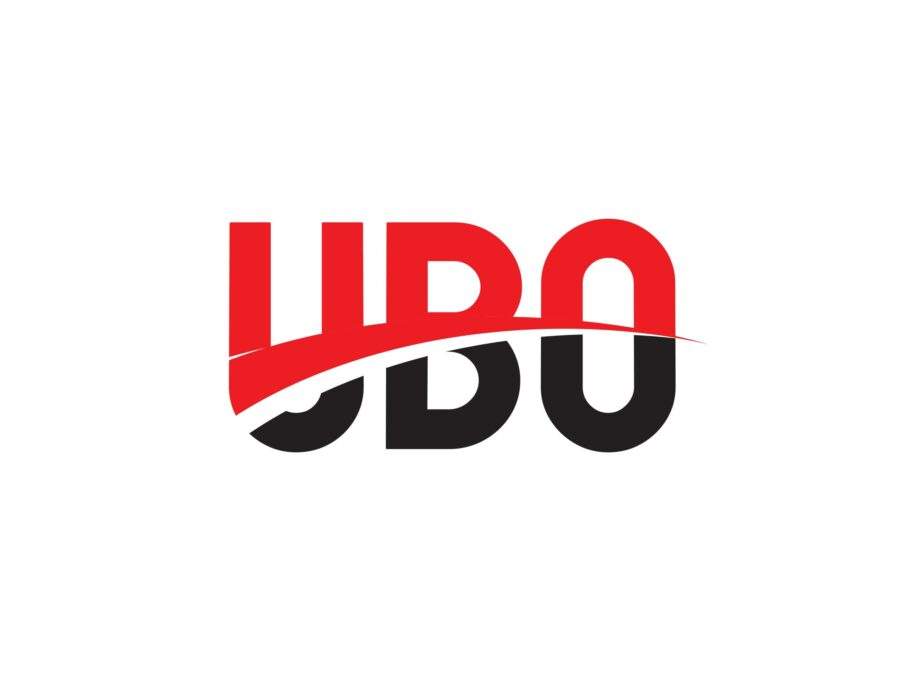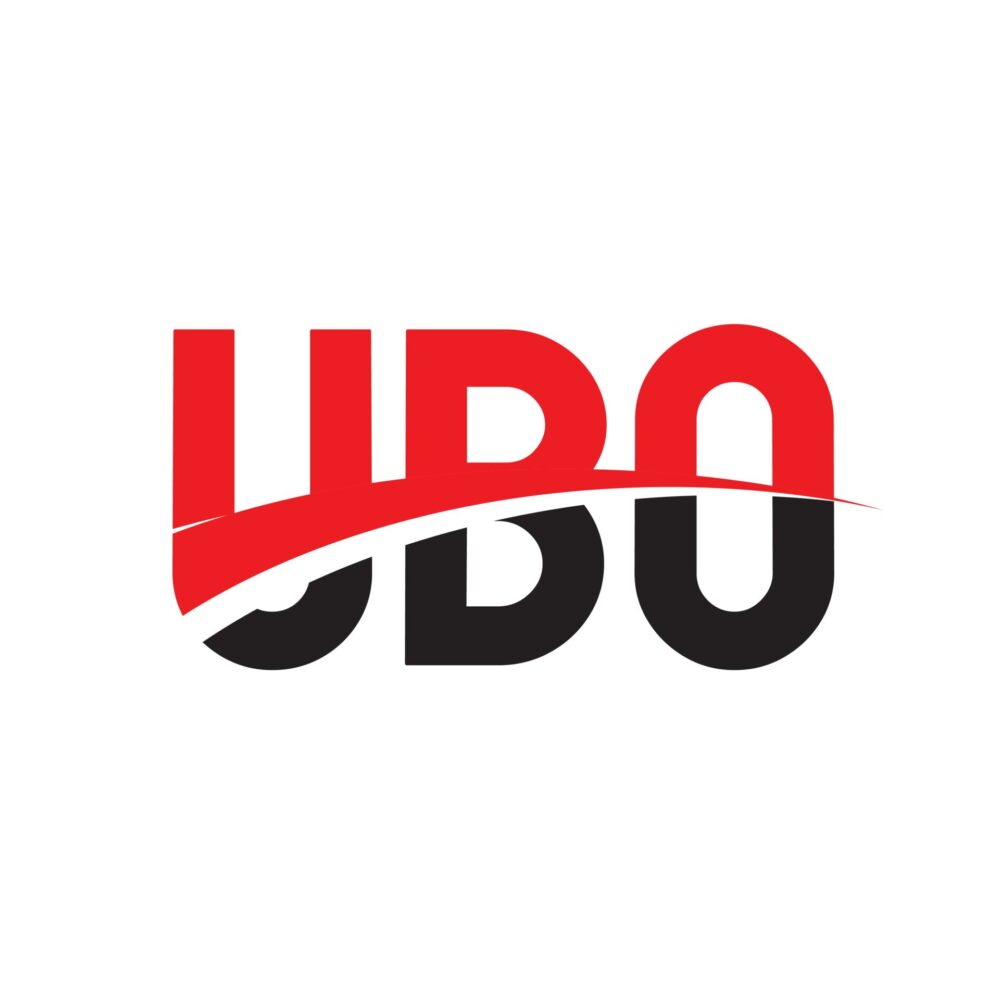
Turboliquidation, the process of swiftly winding up a legal entity, only exists in the Netherlands. Directors in countries such as Germany or England do not have this option. Turboliquidation is a coveted tool among ‘Dutch’ directors: as many as 36.456 turboliquidations took place in 2022. However, the landscape is about to change as the (prima facie restrictive) Temporary Turboliquidation Transparency Act is set to come into effect on 15 November 2023.
The quick and easy liquidation of a legal entity will soon be (partially) curtailed. On 14 March 2023, the Dutch Senate approved the Temporary Turboliquidation Transparency Act in response to concerns about fraud in turboliquidations during the corona pandemic. The aim of the law is to provide more transparency to creditors who are currently left in uncertainty following a turboliquidation. The law will be in effect for two years, with the option of a two-year extension, starting from 15 November 2023. With these impending changes, the question arises: Will turboliquidation continue to be an attractive option for the directors of Dutch BV or NV?
Turboliquidation, the process of swiftly winding up a legal entity, only exists in the Netherlands. Directors in countries such as Germany or England do not have this option.
How does turboliquidation currently work?
The current requirements for the turboliquidation of a company are simple. First and foremost, the company must find itself in a situation where it possesses no assets whatsoever—this means no inventory, cash, and outstanding receivables. To achieve this, directors initiate the process of “emptying” the company before proceeding with the turboliquidation. Subsequently, shareholders can pass a resolution of dissolution to officially terminate the company. Normally, in a standard liquidation, the liquidation phase then begins. However, in the case of turboliquidation, this phase is bypassed since the company has already been fully depleted of its assets. Consequently, the company ceases to exist immediately.
What changes for company directors and turboliquidating?
The fundamental requirements for turboliquidating a company remain unchanged. However, the director will now have to undertake additional actions. A mere report of the turboliquidation to the Chamber of Commerce will no longer suffice. Once the new law takes effect, directors must also submit supplementary documents and inform creditors accordingly.
These additional documents include:
- A balance sheet and a statement of income and expenditure for the year in which the legal entity was dissolved, along with the previous financial year if, at the time of dissolution, annual accounts for that year have not yet been made public.
- A description of the cause for the lack of benefits.
- A detailed account of how the company’s income has been monetized and the proceeds distributed.
- An explanation of the reasons why creditors remained wholly or partially unpaid.
Furthermore, the board is required to file financial statements for any previous financial years if they have not already been submitted. Additionally, the board must duly inform creditors about the filing of these documents with the Chamber of Commerce and inform them that the legal entity has been wound up.
The underlying objective of these obligations is to ensure prompt notification to creditors regarding the liquidation. Failure to fulfill these obligations could result in serious consequences for the board. In such instances, it would be considered an economic offense, subject to penalties that may include up to six months’ imprisonment, community service, or a fine of up to €22,500.
What is creditors are disadvantaged?
In the event that it comes to light that directors have caused harm to one or more creditors during the liquidation process, the court reserves the authority to impose an administration ban on those directors for a period of up to five years. The circumstances warranting such a ban include:
- Failure of the directors to file the requisite documents with the Chamber of Commerce and neglecting to notify creditors of the ongoing liquidation.
- Intentional actions taken by the directors prior to the turboliquidation that resulted in prejudice to one or more creditors.
- Personal culpability of the directors for previous bankruptcy or turboliquidation occurrences, having been involved in such situations twice before.
The turboliquidation remains a useful tool despite the new requirements
The turboliquidation remains a valuable tool despite the introduction of new requirements. While the new law introduces additional obligations, turboliquidation still offers a convenient means to wind up or restructure legal entities. Shareholders should not be deterred by these new requirements, as the legislation primarily targets fraudulent activities and not those shareholders seeking a legitimate and efficient liquidation process.
Questions?
If your company has a Dutch branch and you are considering restructuring or dissolution, turboliquidation could still be a viable option for you. Should you require more information on turboliquidation or have any other questions related to corporate law, I invite you to reach out for a no-obligation consultation.
Author
Pim Lieffering is a corporate lawyer. He deals with all aspects of corporate law, from drafting and litigating on commercial contracts to advising on mergers and acquisitions. When Pim is asked a question, he always looks at the bigger picture. Because he looks just that little bit further, he regularly surprises his clients with creative solutions.







































